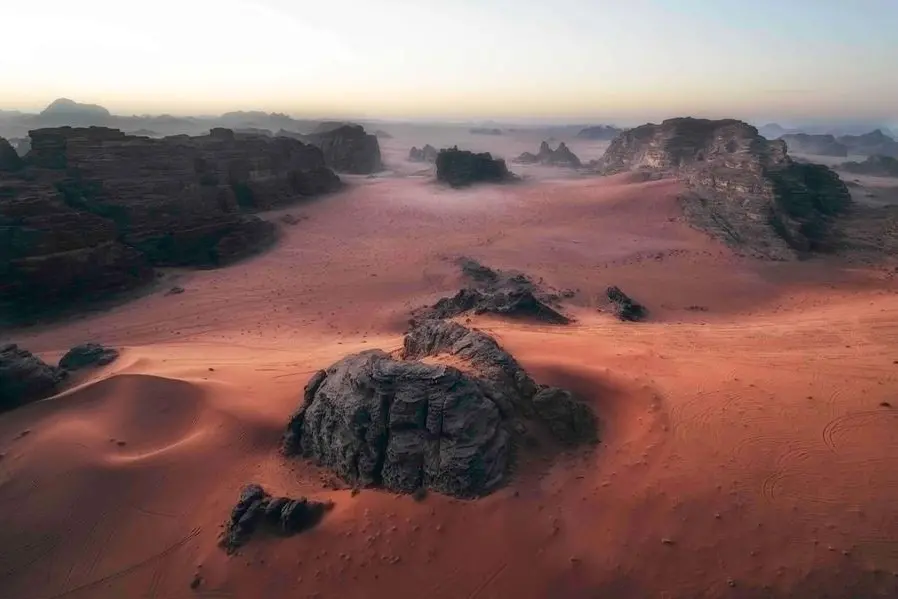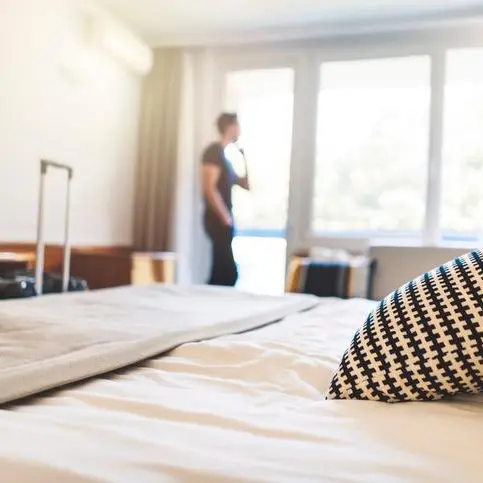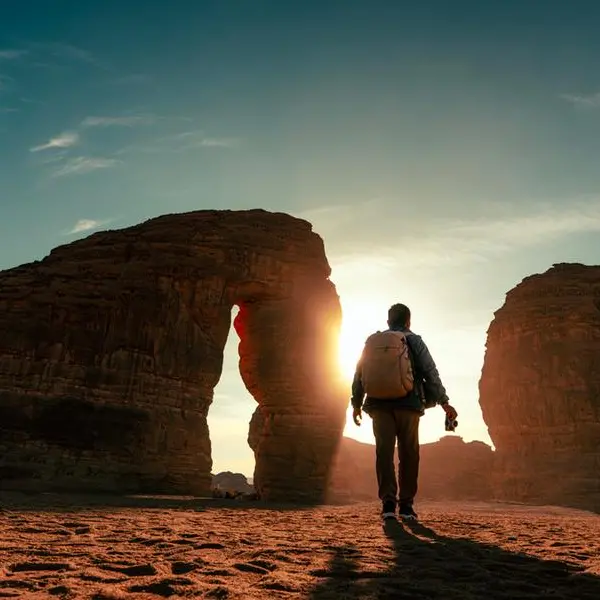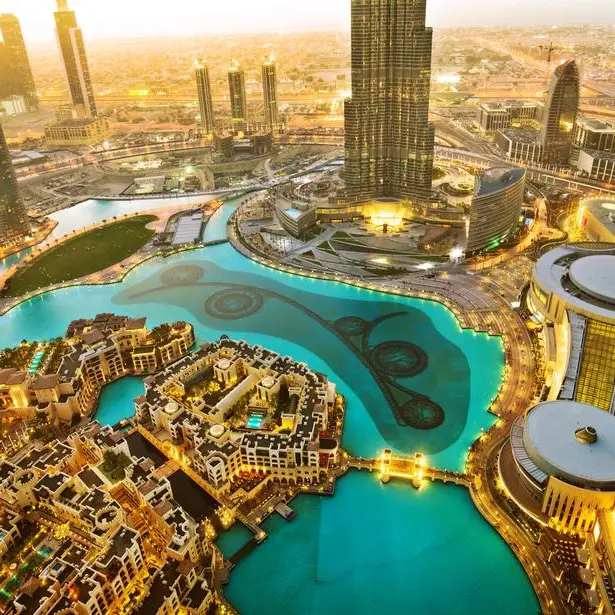PHOTO
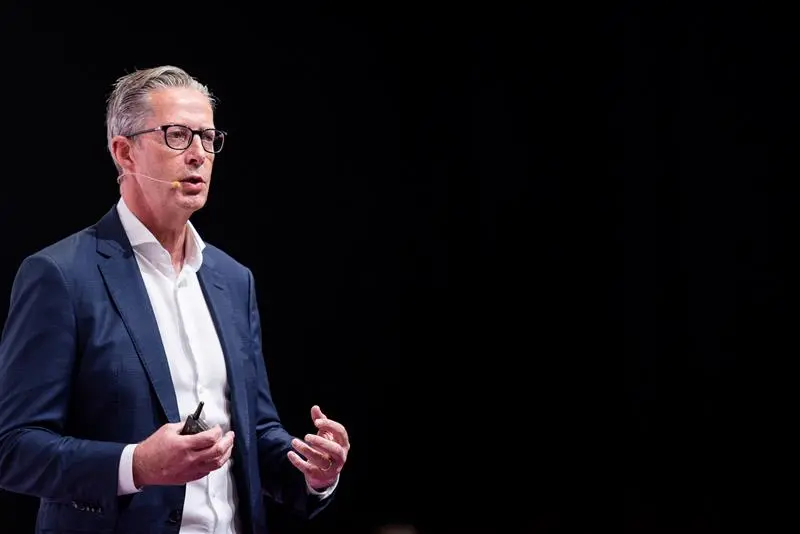

The Saudi Arabian government is likely to increase funding to NEOM, the 26,500-sq-km giga development in the kingdom’s northwest region, adding to the government's initial commitment of $500 billion, according to one of the leaders of the project.
Andrew McEvoy, the project’s head of the tourism sector, said that the ambition surrounding the project, first announced in 2017, made it very likely that it would get additional funds.
There is “genuine investment interest” in a project that will be “the centre of the universe” in terms of new projects going forward, he said.
“There’s a lot of real interest from Saudi investors, but also the world’s investors,” McEvoy said in an interview with Zawya at the Arabian Travel Market (ATM) held in Dubai this week.
“We just did a road show through the US, Discover NEOM, there’s genuine interest in the Middle East, particularly Saudi. Everyone knows this is going to become the centre of the universe for new projects for some time to come.”
McEvoy said Saudi Arabia’s Public Investment Fund (PIF) is doing a lot of the early heavy lifting, but it is likely that the commitment will be complimented, even offset, by investment.
“They will offset that commitment or add to that investment. I think there’s so much ambition, they will probably add to that commitment,” he said.
So far, the company has announced a port and industrial project, Oxagon, futuristic city The Line and most recently the Middle East’s first outdoor ski field, Trojena, on Jebel Al Lawz.
First tourists by 2024
NEOM will welcome the first tourists in 2024, when guests arrive at a yet-to-be-announced Red Sea beach resort. McEvoy said it will be visually spectacular, with contributions by architects, film set designers and other “imagineers”.
More than 30 hotels will be available by 2026, with a target of 45,000 hotel keys by 2030 and ambitions to employ 70,000 people in tourism.
While completion targets have been set for both 2030 and 2040, McEvoy said NEOM is likely to continue developing for the next 50 years.
Tourism will be among the top three of 14 sectors contributing to the economy (consumer spending is number one), said McEvoy. He added that moves are being made to attract innovative investors.
“Where are the places that are doing the most innovative stuff? Estonia, Australia and Singapore, which is a hub for Asia. India is a hotbed for innovation,” he said.
“I think we will start to take that message to more places. Obviously, the financial centres are important places to make sure they understand what we’re doing, get some confidence in our opportunity, and invest.”
Regenerative tourism
Like its fellow Saudi giga project, the Red Sea Project, NEOM follows the regenerative tourism approach, promising visitors that they don't just offset their carbon emissions, but be carbon negative, said McEvoy.
Saudi Crown Prince Mohammed bin Salman has decreed that 95 percent of NEOM’s land will remain undeveloped, and instead be regenerated, with forests and aquifers restored, and rewilding projects designed to return it to its natural state. Hunting and fishing have also been banned.
Energy will be renewable, from wind and solar, and there is a “no cars, no streets” policy for The Line city project, with electric-powered autonomous vehicles and scooters among transport options.
NEOM’s environmental remit means it will not follow the examples set by Dubai or Singapore, often cited as examples of lightning-fast development success stories.
Instead, McEvoy said, the focus will be on adventure tourism, which had a compound annual growth rate (CAGR) of 13 percent prior to the pandemic, as well as outdoor pursuits such as observing wildlife and scuba diving around the Red Sea coast’s untouched coral reefs.
“I’ve a great admiration for Dubai, but they have lost their entire reef system. Singapore is an amazing destination, but they’ve lost their forest, their birdlife,” McEvoy said.
“We want this place to thrive environmentally, socially with jobs for locals, and economically. That’s a really hard thing to do, but that’s the aim,” he added.
(Reporting by Imogen Lillywhite; editing by Seban Scaria)
